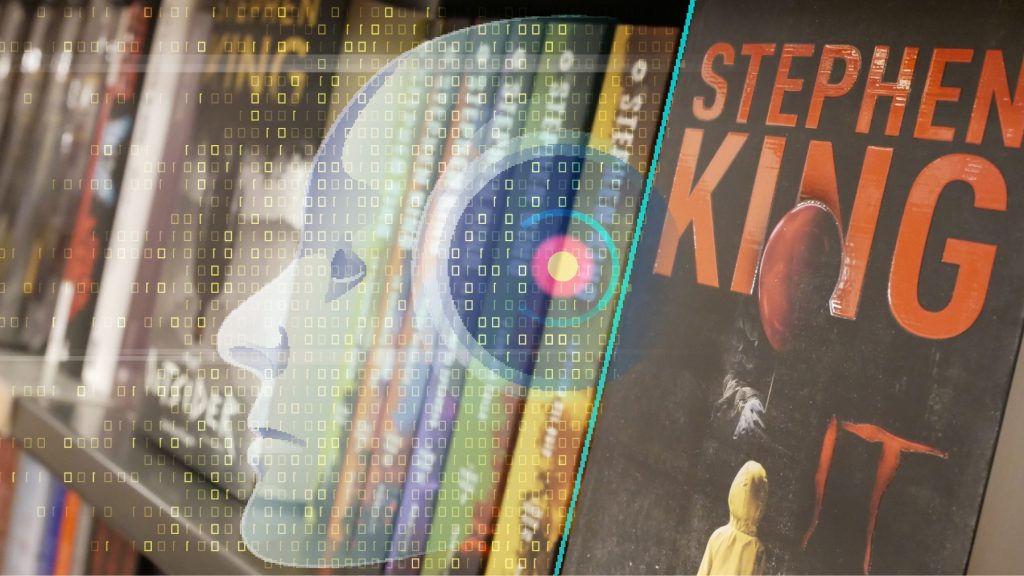
In an op-ed for The Atlantic, Stephen King discussed AI integration in storytelling and literature.
- Thousands of authors, including Stephen King, Zadie Smith, and Rachel Cusk, have had their works used in AI training datasets.
- Stephen King emphasized the distinction between AI-generated content and true creativity driven by human experience.
On August 23rd, in an op-ed for The Atlantic, Master of Horror Stephen King addressed the growing integration of AI in storytelling, specifically his literary works being used for AI training.
Needless to say, he was unimpressed.
King’s piece comes after The Atlantic‘s investigation revealed that thousands of authors, including Zadie Smith, Rachel Cusk, and King, have unwittingly contributed to AI training datasets.
Turns out, over 170,000 copyrighted titles, both fiction and non-fiction, have been used to train various AI models, such as LLaMA and BloombergGPT. The dataset, known as “Books3,” also features works from prominent authors like Margaret Atwood, Haruki Murakami and Jonathan Franzen.
The use of pirated books in these datasets has sparked controversy, with some writers claiming copyright infringement. In their attempt to defend, AI companies argue that AI-generated storytelling content and literature are new rather than replicas of existing works and such usage falls under the “fair use” doctrine.
Stephen King pointed out that while AI can mimic certain styles and patterns, true creativity stems from sentience and the ability to experience a story’s context. The contemporary author also stressed the organic nature of writing.
He acknowledged, however, the inevitable integration of AI into storytelling and literary processes, comparing attempts to prevent AI learning from his works to the futile efforts of King Canute to control the tide.
This standoff with AI reminded King of Colossus, by D. F. Jones. He wrote, “In it, the world-spanning computer does become sentient and tells its creator, Forbin, that in time, humanity will come to love and respect it. (The way, I suppose, many of us love and respect our phones.) Forbin cries, “Never!” But the narrator has the last word, and a single word is all it takes:
“Never?””
Anyone can write a classic horror story, but only one person can write a Stephen King horror story. What makes an author themselves is their writing style, the voice dripping from between the lines like spilled ink off the edge of a desk. That and their distinct creativity that takes even them by surprise.
Inside Telecom provides you with an extensive list of content covering all aspects of the tech industry. Keep an eye on our Intelligent Tech sections to stay informed and up-to-date with our daily articles.